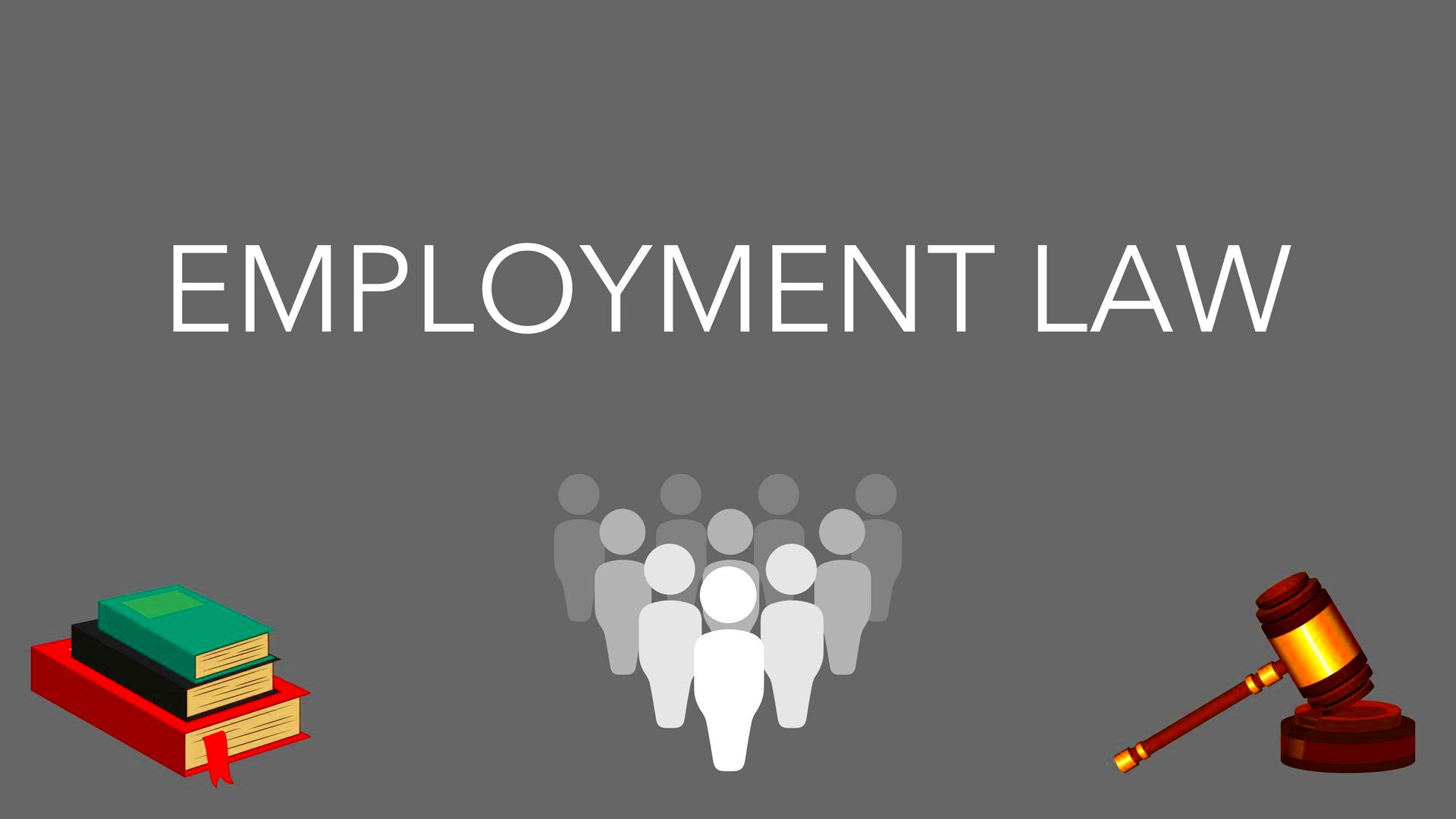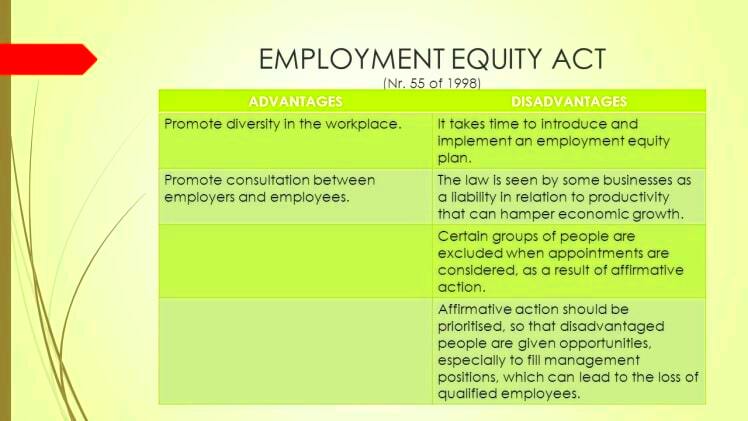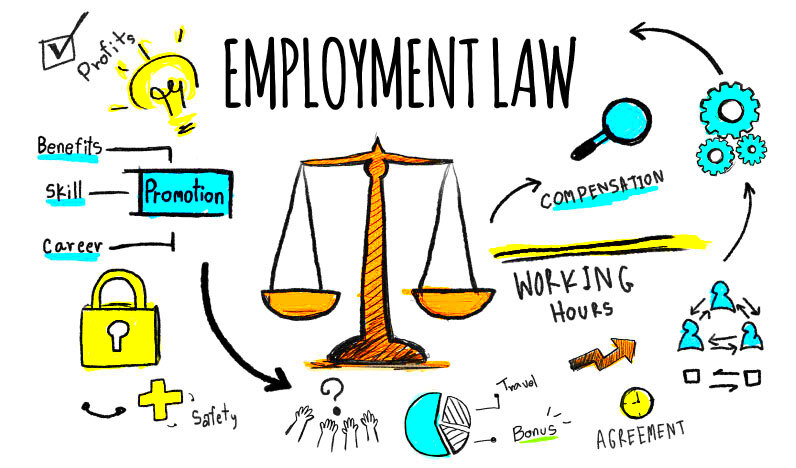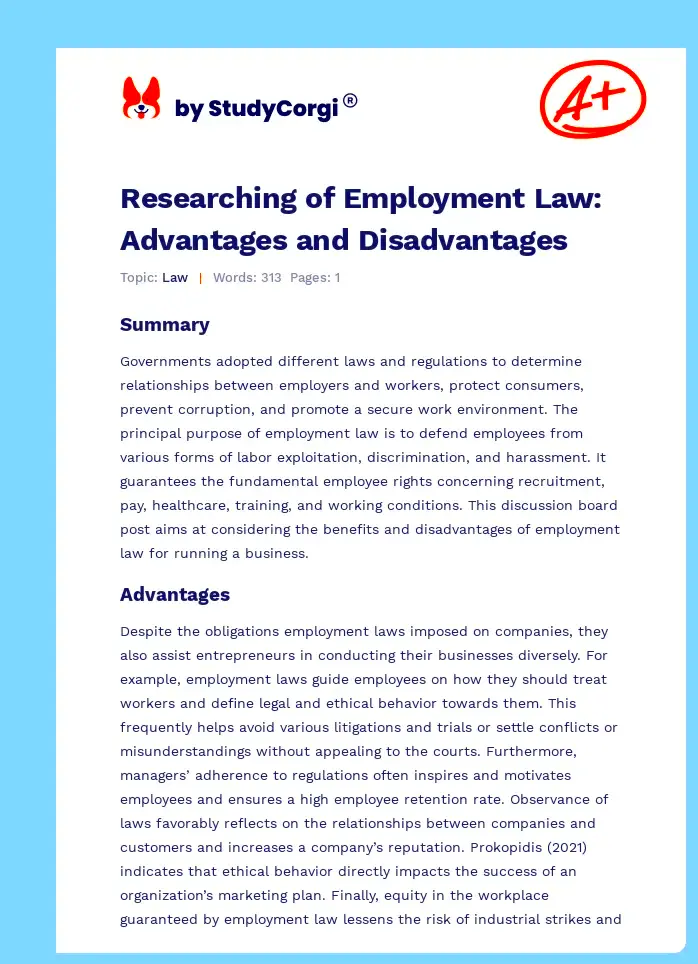What You Should Know About the Disadvantages of Employment Law
Employment law aims to safeguard worker rights and promote fairness in the workplace. It addresses various matters such as recruitment procedures, salaries, working hours, safety protocols and combating discrimination. Based on my experiences navigating these rules can sometimes resemble maneuvering through a labyrinth. The purpose of these regulations is commendable fostering a secure and just work atmosphere. Nevertheless it can often be challenging for both employees and employers to comprehend and adhere to these guidelines thoroughly.
Common Disadvantages of Employment Law for Employees

Although labor regulations aim to safeguard workers they can also present their own set of hurdles. Here are a few drawbacks.
- Limited Flexibility: Strict regulations might limit flexible working hours or arrangements. For instance, while some employees appreciate the stability of a fixed schedule, others might find it difficult to balance work with personal responsibilities.
- Complex Procedures: Navigating legal processes can be cumbersome. For instance, filing a complaint about workplace discrimination involves detailed procedures that can be intimidating and time-consuming.
- Potential for Misuse: There is always a risk of employees using these laws inappropriately, leading to disputes that may not always be straightforward or fair.
Thinking back to what my friend went through she had a tough time when her boss misinterpreted the rules regarding her leave. The misunderstanding was caused by the intricacies of the regulations, resulting in added stress and tension. These incidents highlight the importance of communication and a thorough grasp of these legal matters.
Challenges for Employers Under Employment Law

Employers encounter challenges when navigating employment law. Ensuring compliance can be overwhelming especially for small business owners who might not have the means to grasp or enforce all regulations. Here are a few issues that often arise.
- Administrative Burden: Ensuring compliance with a myriad of regulations requires significant administrative effort. Keeping track of changes in laws and implementing them effectively can be a considerable strain on resources.
- Legal Risks: Employers face potential legal risks if they inadvertently violate employment laws. For instance, failing to properly document employee hours or pay can lead to costly legal battles and penalties.
- Financial Costs: Complying with employment laws often involves financial costs, from investing in training programs to hiring legal advisors. This can be especially challenging for startups and small businesses.
I recall collaborating with a new company whose founders were burdened by the challenges posed by employment regulations. They often sought advice from professionals and poured resources into ensuring compliance. This situation underscored the considerable economic and operational pressure that these laws can place on enterprises.
Legal Complexities and Administrative Burdens

The realm of law is extensive and while it plays a role in protecting employee rights it also comes with a web of legal obligations that can be challenging to maneuver through. Based on my observations the terminology used in these matters tends to feel foreign. Even seemingly simple aspects like contracts are accompanied by intricate legal jargon that can be quite daunting.
One of the challenges is the amount of paperwork and adherence to regulations. Employers frequently need to handle
- Detailed Documentation: Keeping meticulous records of employee hours, benefits, and compliance with various regulations is crucial. The paperwork involved can be burdensome and prone to errors if not handled properly.
- Frequent Changes in Regulations: Laws and regulations frequently change, and staying updated can be a full-time job in itself. For instance, new safety regulations or changes in wage laws require employers to adapt quickly to avoid penalties.
- Legal Consultation Costs: Many businesses need legal advice to ensure compliance, adding to their expenses. This can be especially challenging for small businesses trying to balance their budgets.
I recall helping a business owner who was finding it challenging to stay compliant with the constantly evolving employment laws. The ongoing requirement to modify procedures and the related expenses posed a considerable challenge. These situations highlight the importance of providing support and tools to navigate these complexities more efficiently.
Costs Associated with Employment Law Compliance
Adhering to employment regulations usually comes with expenses that can put a strain on a companys financials. These costs can be both direct and indirect affecting the overall budget and profitability. Lets take a closer look at the usual expenses involved.
- Legal Fees: Hiring legal experts to ensure compliance and handle disputes can be expensive. Regular consultations to keep up with legal changes add to the financial burden.
- Training Expenses: Businesses often need to invest in training programs for their staff to ensure everyone understands and follows the legal requirements. This can include workshops on workplace safety, anti-discrimination policies, and more.
- Administrative Costs: Maintaining accurate records and implementing compliance measures requires administrative resources. This includes costs related to software, additional staff, or external services to manage compliance.
Throughout my experience, I have witnessed how businesses struggle to manage these expenses. For example a friend’s company had to reduce spending in other areas to accommodate the increasing costs of compliance. This harsh truth hits hard for numerous companies, particularly those that are in their early stages or working with limited finances.
Impacts on Small Businesses and Startups
Small businesses and startups often find it challenging to navigate the complexities of employment law. With their limited resources they encounter obstacles in ensuring compliance. Here are some of the key impacts they face.
- Resource Strain: Small businesses typically have fewer resources to dedicate to managing employment law requirements. This can lead to difficulties in maintaining compliance without affecting other areas of the business.
- Operational Challenges: Balancing legal compliance with day-to-day operations can be tough. Startups may find themselves spending more time and effort on legal matters than on growing their business.
- Financial Pressure: The costs associated with compliance can be disproportionately high for small businesses. From paying for legal advice to investing in training, these expenses can significantly impact their financial stability.
I have seen how these obstacles can impact businesses up close. A nearby company I collaborated with faced difficulties in meeting legal obligations while aiming to grow. The pressure and operational challenges were evident highlighting how tough it can be for smaller organizations to deal with the intricacies of employment regulations.
How Employment Law Can Affect Workplace Flexibility
Many workers and companies strive for the flexibility in the workplace. The aim is to establish a setting that caters to both personal and professional demands. Nevertheless employment regulations, despite their intentions can occasionally hinder this flexibility. In my view finding a balance between the ideal and legal obligations is quite challenging.
Here are a few ways in which laws regarding employment can influence the flexibility of the workplace.
- Rigid Scheduling Requirements: Some laws mandate specific working hours and break times, leaving little room for flexible schedules. For instance, regulations around mandatory rest periods can conflict with the desire for compressed workweeks or adjustable hours.
- Telecommuting Regulations: Laws related to remote work can be complex. While many employees prefer working from home, legal requirements for data security and workplace safety can make it challenging for employers to implement flexible work-from-home policies.
- Leave Entitlements: Regulations around paid and unpaid leave are essential for protecting employees, but they can also impact workplace flexibility. Strict leave policies can sometimes make it difficult to manage workloads effectively, especially in smaller teams.
In a previous job I observed how rigid rules regarding working hours created challenges when employees sought to modify their schedules for personal matters. The legal restrictions posed difficulties in meeting individual needs without jeopardizing adherence to regulations. This situation underscored the careful equilibrium, between fulfilling responsibilities and allowing for flexible work arrangements.
Comparing Employment Law Disadvantages Across Different States
The laws regarding employment differ greatly across states and these disparities can greatly affect both workers and businesses. Being aware of these differences can assist in maneuvering through the intricacies of employment law more efficiently. In my view these variations from state to state can resemble navigating through a quilt of rules and regulations.
Here’s a look at some of the drawbacks that are often seen in various states.
| State | Disadvantages |
|---|---|
| California | Known for stringent labor laws, including high minimum wage requirements and complex overtime rules. This can lead to higher operational costs for businesses. |
| Texas | Less restrictive regulations can lead to fewer protections for employees, which might result in disputes or less job security. |
| New York | High levels of regulatory compliance required, with detailed rules on workplace safety and employee rights, potentially adding to administrative burdens. |
When my coworker tried to grow her business from Texas to California she encountered hurdles. The contrast in labor laws was striking and navigating the new rules proved to be quite tough. These situations highlight how crucial it is to be aware of employment laws in different areas when doing business across state borders.
FAQ About Employment Law Disadvantages
Q: What are some common disadvantages of employment law for employees?
Employees might encounter obstacles such as inflexible work hours that restrict their freedom, intricate legal processes for settling disputes and the possibility of regulations being misused, resulting in conflicts or added pressure.
Q: How do employment laws impact small businesses?
Small businesses frequently face challenges when it comes to managing the administrative and financial aspects of compliance. The expenses related to seeking legal counsel, providing training and keeping up with necessary paperwork can be notably steep for companies.
Q: Are there significant differences in employment law across states?
Absolutely! Employment laws differ significantly from one state to another. Variations in minimum wage, overtime rules and workplace safety standards can impact both workers and employers in different ways. It’s essential to be aware of the regulations in your state to ensure adherence to them.
Q: How can businesses manage the complexities of employment law?
Companies can navigate these challenges by seeking legal advice keeping abreast of regulatory updates and establishing well defined policies and training initiatives. Effectively adjusting to these rules can assist in reducing disruptions to routine operations.
Conclusion: Balancing the Pros and Cons of Employment Law
Employment law can be seen as a weapon with two sides. It offers essential safeguards and entitlements for workers, promoting fairness and security in the work environment. However it also brings about intricacies and obstacles that can pose challenges for both employees and employers. Based on my observations I’ve witnessed instances where these regulations tend to present more obstacles than advantages especially for small enterprises and new ventures.
Although the goal of labor laws is to establish a work environment that is equitable and just the situation can be more complex. Employers frequently encounter challenges and financial pressures while employees may grapple with strict rules that restrict their adaptability. Its crucial to acknowledge these obstacles while also recognizing the safeguards these regulations offer.
Striking a harmony between the advantages and disadvantages requires grasping and maneuvering through these intricacies with a well defined approach. In the context it’s essential for companies to seek legal counsel and provide training to ensure smooth compliance management. Employees on the hand should remain updated on their rights and learn how to navigate the legal terrain effectively. Ultimately although labor laws may pose obstacles they are crucial in fostering a just and fair work environment.


